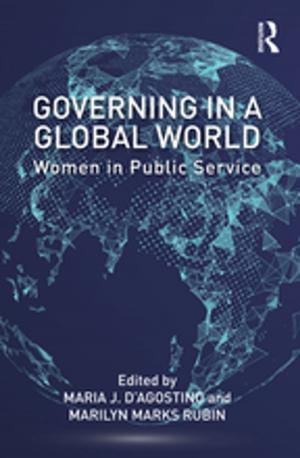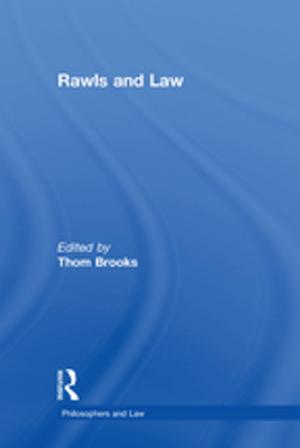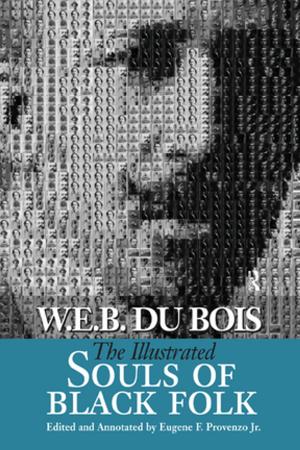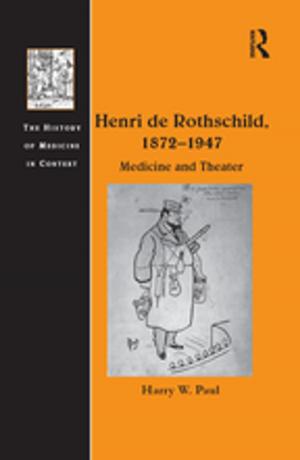Discourses of Postcolonialism in Contemporary British Children's Literature
Fiction & Literature, Literary Theory & Criticism| Author: | Blanka Grzegorczyk | ISBN: | 9781317962618 |
| Publisher: | Taylor and Francis | Publication: | October 3, 2014 |
| Imprint: | Routledge | Language: | English |
| Author: | Blanka Grzegorczyk |
| ISBN: | 9781317962618 |
| Publisher: | Taylor and Francis |
| Publication: | October 3, 2014 |
| Imprint: | Routledge |
| Language: | English |
This book considers how contemporary British children’s books engage with some of the major cultural debates of recent years, and how they resonate with the current preoccupations and tastes of the white mainstream British reading public. A central assumption of this volume is that Britain’s imperial past continues to play a key role in its representations of race, identity, and history. The insistent inclusion of questions relating to colonialism and power structures in recent children’s novels exposes the complexities and contradictions surrounding the fictional treatment of race relations and ethnicity.
Postcolonial children’s literature in Britain has been inherently ambivalent since its cautious beginnings: it is both transgressive and authorizing, both undercutting and excluding. Grzegorczyk considers the ways in which children’s fictions have worked with and against particular ideologies of race. The texts analyzed in this collection portray ethnic minorities as complex, hybrid products of colonialism, global migrations, and the ideology of multiculturalism. By examining the ideological content of these novels, Grzegorczyk demonstrates the centrality of the colonial past to contemporary British writing for the young.
This book considers how contemporary British children’s books engage with some of the major cultural debates of recent years, and how they resonate with the current preoccupations and tastes of the white mainstream British reading public. A central assumption of this volume is that Britain’s imperial past continues to play a key role in its representations of race, identity, and history. The insistent inclusion of questions relating to colonialism and power structures in recent children’s novels exposes the complexities and contradictions surrounding the fictional treatment of race relations and ethnicity.
Postcolonial children’s literature in Britain has been inherently ambivalent since its cautious beginnings: it is both transgressive and authorizing, both undercutting and excluding. Grzegorczyk considers the ways in which children’s fictions have worked with and against particular ideologies of race. The texts analyzed in this collection portray ethnic minorities as complex, hybrid products of colonialism, global migrations, and the ideology of multiculturalism. By examining the ideological content of these novels, Grzegorczyk demonstrates the centrality of the colonial past to contemporary British writing for the young.















